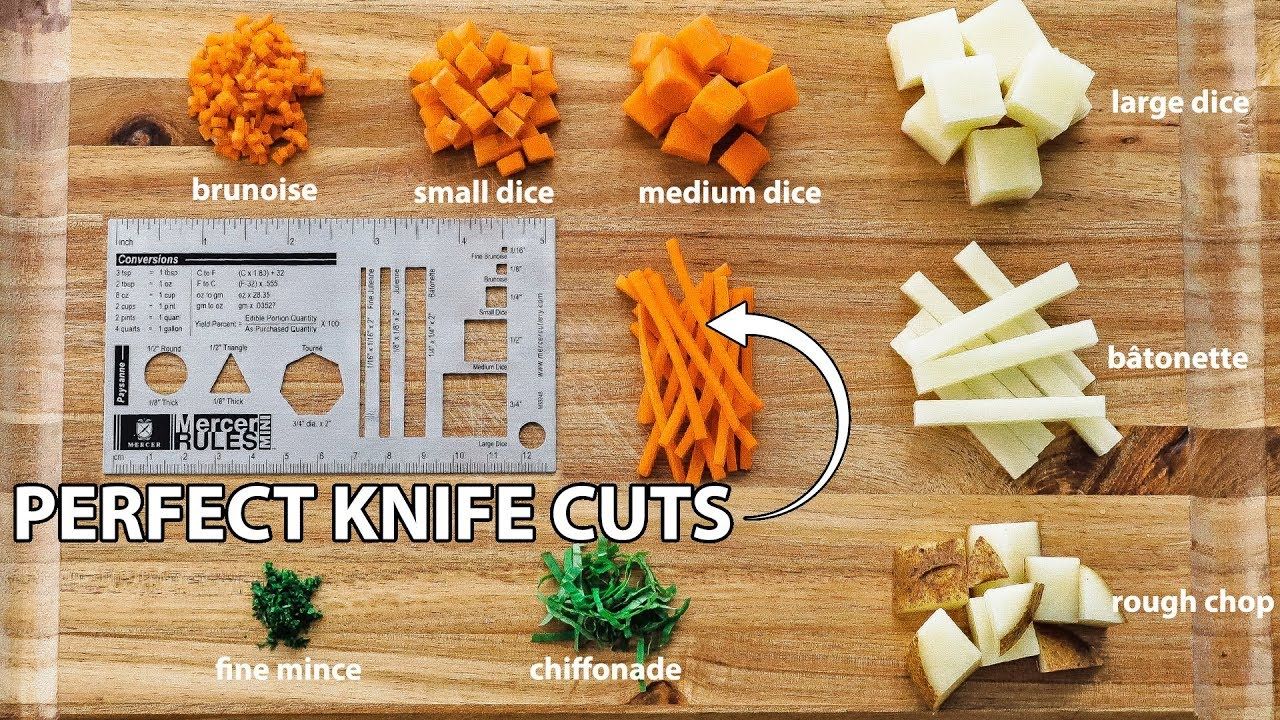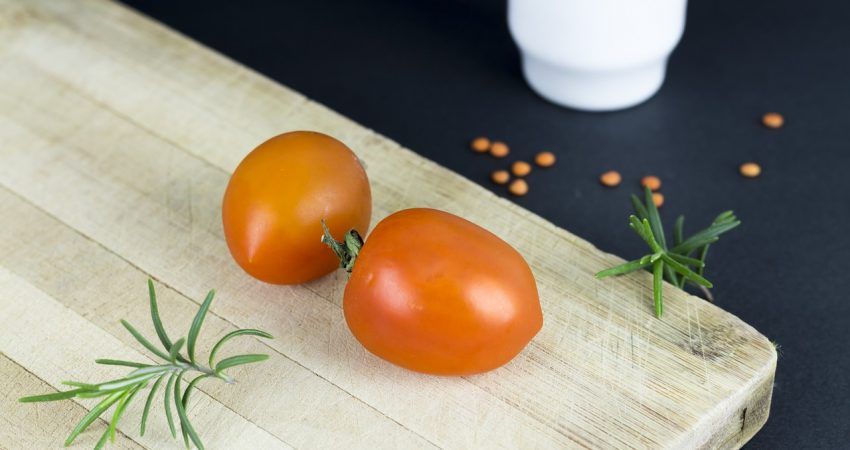
Mastering Knife Skills: A Beginner’s Guide
Knife skills are essential for anyone working in a kitchen, whether you are a professional chef or a home cook. With the right techniques and practice, you can become more efficient and precise in the kitchen, making cooking a more enjoyable and safer experience. In this beginner’s guide, we will cover the basics of knife skills and provide tips on how to improve your cutting techniques.
Choosing the Right Knife
The first step to mastering knife skills is to have the right tools. A good quality knife will make a huge difference in your cutting technique. There are several types of knives to choose from, but the most essential ones for beginners are a chef’s knife and a paring knife.
A chef’s knife is a versatile tool that can handle a wide range of cutting tasks, such as chopping, slicing, and dicing. It has a broad blade that allows you to rock the knife back and forth for efficient slicing.
A paring knife, on the other hand, is smaller and more maneuverable, perfect for tasks that require precision, such as peeling fruits and vegetables or trimming meat.
Basic Knife Techniques
Before you start cutting, it’s important to understand the basic knife techniques that will help you work more efficiently and safely in the kitchen. Here are some essential techniques to master:
Grip
Hold the knife with a firm grip, but not too tight. Your thumb and index finger should be on opposite sides of the blade, with the rest of your fingers wrapped around the handle for stability.
Hand Placement
Keep your non-dominant hand in a claw-like shape, with your fingertips tucked under and your knuckles guiding the blade as you cut. This will help prevent accidents and ensure more precise cuts.
Knife Skills
Practice different cutting techniques, such as slicing, dicing, chopping, and julienning. Each technique requires a different motion and angle, so take the time to practice and master each one.
Knife Care and Maintenance
Proper care and maintenance of your knives are essential for keeping them sharp and in good condition. Here are some tips on how to care for your knives:
Storage
Store your knives in a knife block or on a magnetic strip to keep them safe and sharp. Avoid storing them in a drawer where they can get damaged or dull.
Cleaning
Hand wash your knives with warm, soapy water and dry them immediately after use. Avoid putting them in the dishwasher, as the high heat and harsh detergents can damage the blades.
Sharpening
Regularly sharpen your knives using a sharpening stone or a knife sharpener. A sharp knife not only makes cutting easier but also reduces the risk of accidents due to dull blades.
Practice Makes Perfect
Like any skill, mastering knife skills takes time and practice. Don’t be discouraged if you don’t get it right the first time. Keep practicing and experimenting with different techniques until you feel confident in your abilities.
Remember to always prioritize safety in the kitchen and take your time to master the basics before moving on to more advanced techniques. With the right tools, techniques, and practice, you can become a pro at knife skills in no time!

